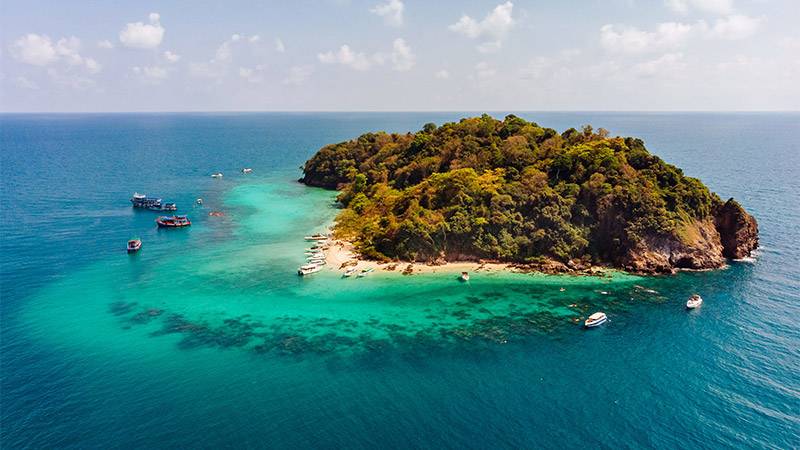El Hierro, the smallest of the Canary Islands, has recently set an impressive record by running entirely on renewable energy sources, specifically wind and water power, for 28 consecutive days. This achievement underscores the island’s commitment to environmental sustainability and positions it as a global leader in renewable energy utilization.
Declared a UNESCO World Biosphere Reserve and Geopark, the 1.1 million-year-old volcanic island is on a path to becoming entirely energy self-sufficient through clean, renewable sources. Its population of 10,000, along with the local government, is deeply committed to the sustainability and ecological preservation of the island. This collective dedication has been a driving force behind El Hierro’s remarkable progress in renewable energy usage.
The heart of El Hierro’s renewable energy infrastructure is the Gorona del Viento hydroelectric power station. With an installed wind power capacity of 11.5 MW, this facility is the primary source of electricity generation on the island. It uniquely combines wind generation with pumped storage hydroelectric generation. This system utilizes part of the wind-generated energy to pump water to an upstream reservoir, which is then released to power hydropower turbines. This innovative approach maximizes the use of renewable energy sources for electricity generation.
Elderly residents of El Hierro recall a drought that hit in 1948, when ships meant to deliver water missed the island because it was “too small and too far away”. Since then, progress has been made on self sufficiency and not needing to rely on outside help for sustainability.
The journey towards renewable energy in El Hierro has been progressive and steady. Elderly residents recall a severe drought in 1948, which highlighted the island’s vulnerability and the need for self-sufficiency. Since then, significant strides have been made towards sustainability and independence from external resources. According to Euronews, the first notable achievement in this journey occurred on August 9, 2015, when El Hierro operated entirely on renewable energy for two hours. This milestone was a result of a sustainable development plan initiated in 1996, aimed at improving the quality of life for residents and preserving natural areas.
The full operational capacity of the Gorona del Viento power plant was achieved in July 2015. Prior to its commissioning in 2014, renewable energy sources supplied only 2.2% of El Hierro’s electricity demand. The impact of the power plant was evident when, on January 25, 2018, it supplied all of the island’s electricity needs for 18 consecutive days. This achievement attracted global attention and demonstrated that renewable energy is a feasible solution for isolated territories worldwide.
Any profits generated from the use of renewable energy sources are reinvested into the island’s infrastructure. These funds are used to enhance water distribution systems, install solar power panels, and develop educational programs about sustainable energy.
In addition to its environmental achievements, El Hierro boasts breathtaking natural landscapes. As one travels along its winding roads, the views are dominated by dramatic scenes of black volcanic rubble, lunar wildernesses, sheer cliffs, and lush forests, with limited man-made constructions. This unspoiled natural beauty, coupled with its pioneering efforts in renewable energy, makes El Hierro a model of ecological preservation and sustainability.
More inspiring green news similar to this:


